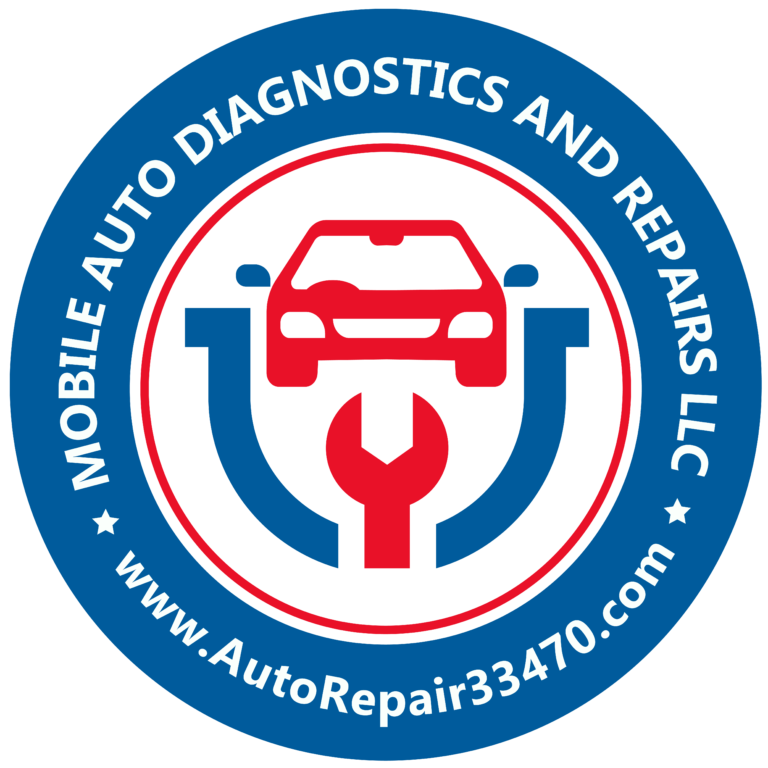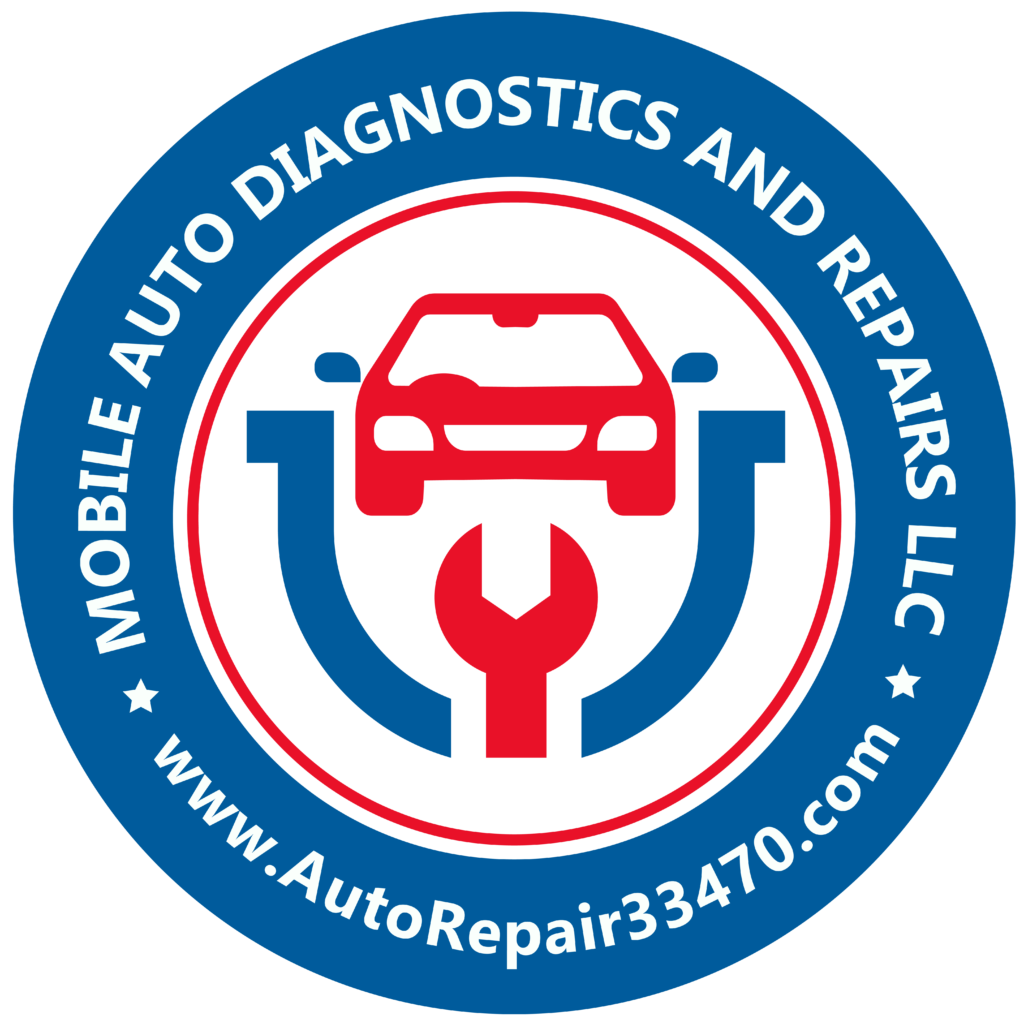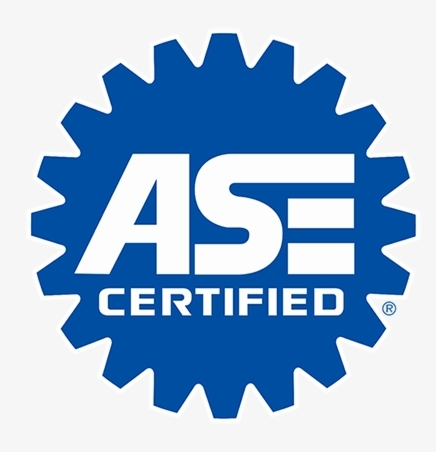Squealing noises might occur at different times, such as accelerating, decelerating and braking, or just idling. Whenever that annoying sound occurs, it’s something to pay attention to and have checked out by a mechanic. There are a few possible causes for such noises to be coming from your car, and all of them might mean repairs.
Squealing or Squeaking Noises
Squeaking sounds could just mean you’ve got cheap brake pads or hot brakes, or they could be a sign of a bigger problem. Brakes that are overheating can cause a light squeaking, especially when the brakes are still cold. But if your brakes are consistently squealing, you should get them inspected. Here are the most frequent causes:
1) Pad or shoe friction material: In some cases, poor-quality friction material may cause a squealing noise. This is especially common in semi-metallic brakes.
2) Worn brake pads: As mentioned above, brake pads have a metal wear indicator that drags on the rotors when the pads are worn out. This will make a squealing or grinding noise.
3) Foreign debris: Occasionally, debris such as small stones may get trapped between the pad and rotor, or shoe and drum. This can cause a grinding or squealing noise.
4) Glazed rotors or drums: Brake rotors and drums wear over time, resulting in a glazed or rough finish. As a result, the brakes may make a squealing or screeching noise.
5) Lack of lubrication on drum backing plate: In a drum brake system, the shoes and drum mount to a backing plate. If the backing plate isn’t lubricated at the shoe contact pads, you may hear a squealing noise.
Grinding Noises
If your brakes are grinding, they need immediate attention. Typically, this means the brake pad or shoe material is worn away, leading to metal-to-metal contact. This is both dangerous to drive with and can create more expensive repairs. Here are the most common causes of grinding brakes:
1) Worn brake pads or shoes: Brake pads and shoes consist of friction material mounted to a metal backing plate. When the pads and shoes wear down, it can result in a metallic grinding noise, as the backing plate starts making contact with the rotor or drum. Brake pads also have a metal wear indicator that drags on the rotors when the pads are worn out. This will make a grinding or squealing noise.
2) Sticking caliper or wheel cylinder: A sticking caliper can cause the pads to be continuously forced against the rotor, creating a grinding or squealing noise. The same is true for a wheel cylinder that’s stuck, forcing the shoes against the drums.
DISCLAIMER AND RECOMMENDATION
These issues have to be looked at and repaired by an experienced ASE certified auto repair shop and not do the repairs yourself.
Nadia, the owner of Mobile Auto Diagnostics and Repair LLC has 18 years of hands on experience in repairing all kind of vehicles. She has 11 ASE certifications, one of which is an ASE Master Mechanic certification.
Nadia’s auto repair business is by invitation only and is not open to the public. Please contact Nadia by phone or e- mail found on this website.
Nadia accepts cash, checks and/or major credit cards



